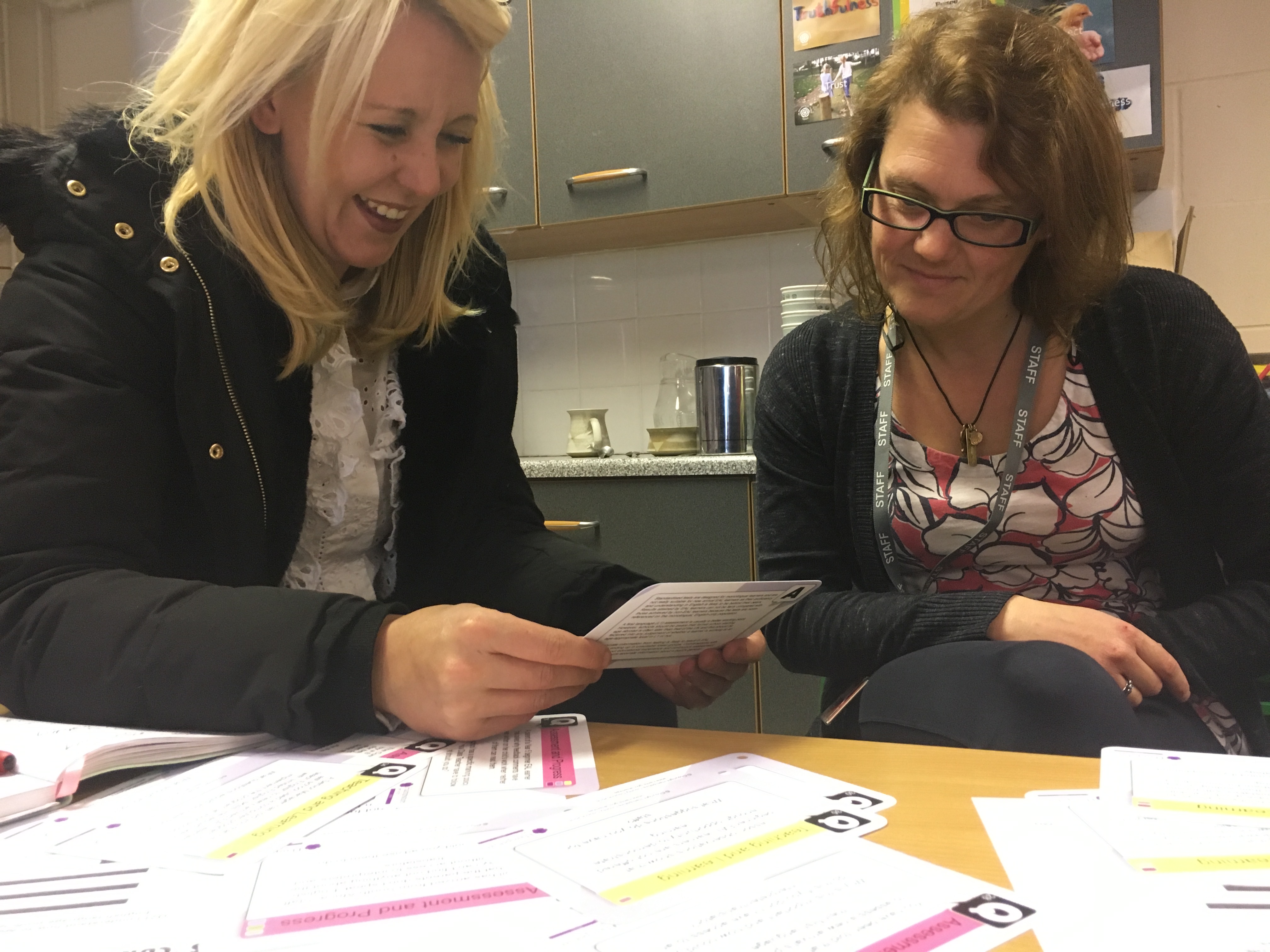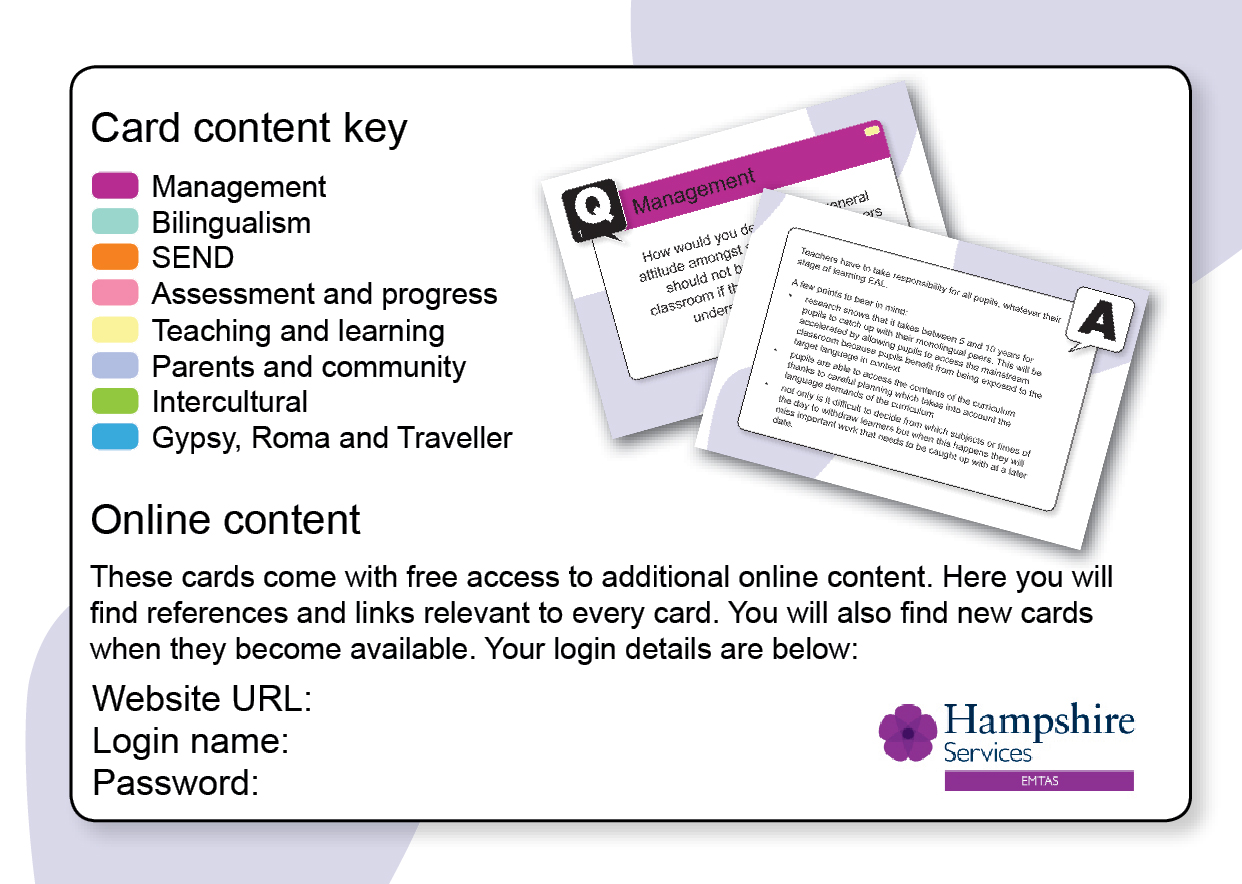Blog entry by Sarah Coles
Written by Hamish Chalmers, Doctoral Researcher at Oxford Brookes University


I run the NALDIC Oxfordshire Regional Interest Group (RIG) which is a forum for teachers, researchers and others interested in the education of EAL learners. Despite the very rich and diverse linguistic characteristic of Oxford and its surrounds, the Local Authority no longer has an EAL department and therefore no longer provides peripatetic support for EAL learners and their teachers. This means that it can be very difficult for individual teachers and schools to access training that would help them to keep up to date with developments in policy and practice relating to EAL, and ensure that they follow best principles in their teaching. Our RIG meets once a term. At each meeting teachers share their expertise, we invite guest speakers to talk about research and practice and we run workshops as a component of teachers’ continuing professional development.
We were delighted, therefore, to be given an opportunity to try out the Hampshire EMTAS EAL Conversation Cards with the RIG this autumn. The conversation cards are an excellent way to stimulate thoughtful discussion around provision for EAL learners in our schools. Each card poses a question related to a typical scenario. For example one cards asks ‘At your school, pupils who are relatively new to English are withdrawn from language classes for extra English. What would be your opinion of this policy?’ The question is designed to prompt discussion about this authentic scenario, with a view to the discussion helping teachers to understand their own practice and policy. Each question is then answered on the reverse of the card, providing evidence-informed guidance for teachers on how best to respond. For example, the answer to the question above reiterates the right of all children to have a broad and balanced curriculum. It then explains that EAL learners are often already competent language learners, so withdrawing them for classes that build on this foundation of skills to develop English is unlikely to be in their best interests. The card then goes on to suggest things that schools should take into account when setting related policy.
The cards are organised into eight themes, each addressing a different aspect of EAL education. These include management, teaching and learning, parents and community, bilingualism, and so on. Working with a group of 30 teachers, I divided the cards into sets that included examples from each section and asked small groups to appoint a questioner who would lead the discussion with two or three colleagues. The room was abuzz with discussion and debate as colleagues engaged with the cards and considered their responses. Eavesdropping on the conversations was fascinating as it revealed a great breadth of knowledge among colleagues, but also some very typical misunderstandings which allowed for some timely myth busting by the cards.
One colleague commented on how useful the cards were for schools like hers, which do not have an appointed EAL coordinator. Here, like many schools, EAL expertise is largely down to the experience of individual teachers. In the absence of teachers who have taught in schools with large numbers of EAL learners and with good ongoing professional development, knowledge and guidance is rather hit and miss. Because the conversation cards provide evidence informed guidance for real-world scenarios, it means that anyone can lead CPD sessions regardless of their level of experience. While this might not be the ideal situation, it does mean that teachers can be confident that they are getting good advice, especially in the light of the many myths about language learning that get reinforced when expertise is lacking.
Online content
We also looked at the online version of the cards. Here, the same information is presented but can be shared using a projector, so that discussions about the same question can be held in larger groups. Our RIG members were impressed that the online version provides links to other online content that expands and reinforces the messages provided in the answers.
Using the cards in training
Colleagues left the meeting inspired to continue their learning about EAL, and sharing this with their colleagues by using the Hampshire EMTAS EAL conversation cards. Many saw the potential for including short sessions in staff meetings, dealing with a couple of cards at a time, or for one to one personal professional development meetings. We were delighted to have been able to share this essential resource with our colleagues and hope that the cards continue to shape policy and pedagogy for Oxford’s vibrant and diverse language learners.
Where to get a set of cards
You can view a sample of the cards here where you can also find the order form.
